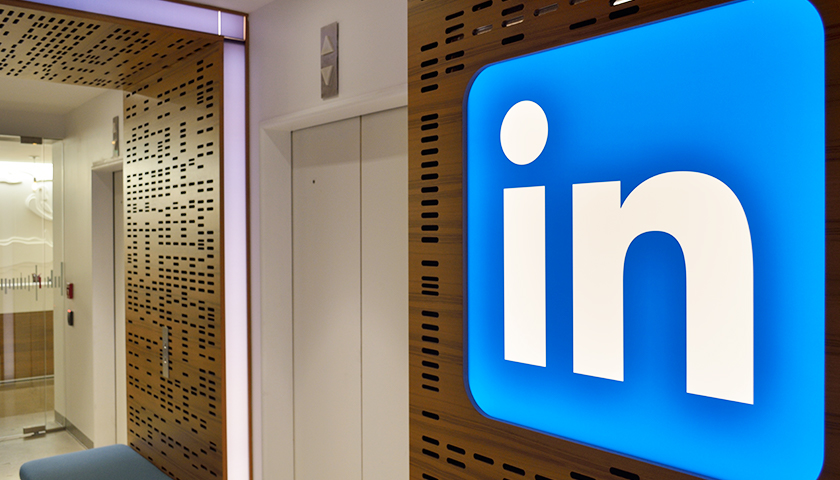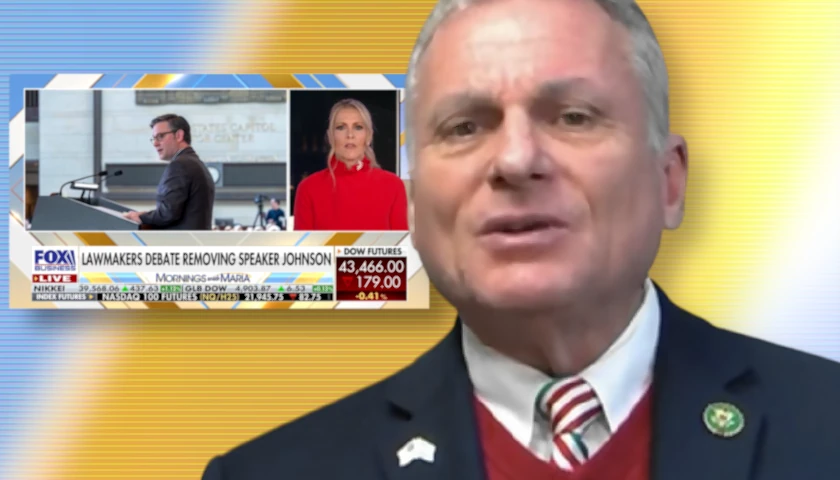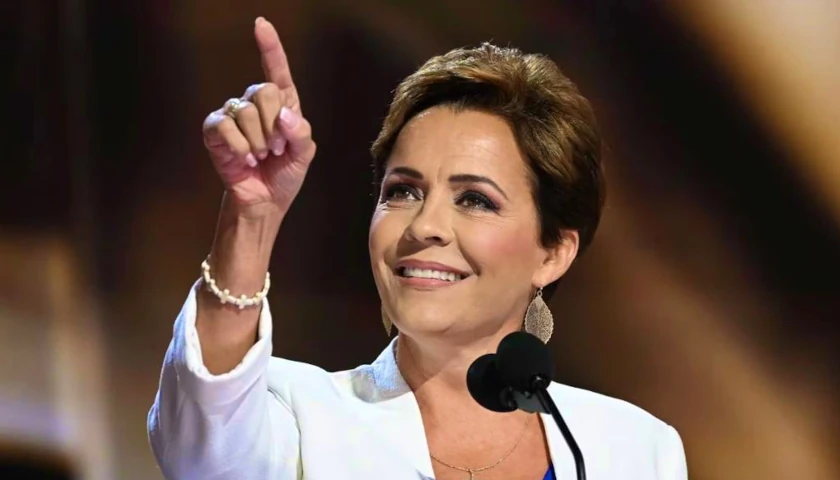by Ailan Evans
LinkedIn reportedly blocked the profiles of several journalists this week for featuring content prohibited in China, continuing the social media company’s practice of censoring on behalf of the Chinese government.
Several journalists, including Axios’ Bethany Allen-Ebrahimian, Vice’s Melissa Chan, and author on Tibet Greg Bruno, reported they had received email notifications from Microsoft-owned LinkedIn informing them their profiles had been blocked in China.
 “Your LinkedIn profile is an integral part of how you present your professional self to the world,” the LinkedIn email to Chan read. “That’s why we believe it’s important to inform you that due to the presence of prohibited content located in the Publications section of your LinkedIn profile, your profile and your public activity, such as your comments and items you share with your network, will not be made viewable in China.”
“Your LinkedIn profile is an integral part of how you present your professional self to the world,” the LinkedIn email to Chan read. “That’s why we believe it’s important to inform you that due to the presence of prohibited content located in the Publications section of your LinkedIn profile, your profile and your public activity, such as your comments and items you share with your network, will not be made viewable in China.”
LinkedIn began the practice of blocking profiles in 2014, censoring mentions of the 25th anniversary of the Tiananmen Square Massacre. The company was also caught censoring the profile of a Swedish journalist in June for simply featuring an oblique reference to Tiananmen Square.
Got the @LinkedIn alert like many others — my “prohibited content” will not be shown in China. I have a case number. Could be many things — from this year’s piece about Uyghurs in exile, to my essay on democracy. pic.twitter.com/OPg6e25OB3
— Melissa Chan (@melissakchan) September 28, 2021
The company’s censorship has been the subject of recent congressional scrutiny, with Republican Rep. Jim Banks sending a letter to LinkedIn demanding answers on which speech regulations the company enforces on behalf of the Chinese government.
LinkedIn has defended its practice, citing its willingness to comply with the laws of the countries in which it operates.
“We’re a global platform with an obligation to respect the laws that apply to us, including adhering to Chinese government regulations for our localized version of LinkedIn in China,” a LinkedIn spokesperson told the Daily Caller News Foundation. “We will continue to use multiple avenues to notify impacted members within China about our practice.”
LinkedIn’s former Director of Communications Hani Durzy addressed the issue more directly in a 2014 interview with Marketplace, stressing the difficulty of balancing company values with legal obligations.
“We are strongly in support of freedom of expression,” Durzy said. “But it was clear to us that to create value for our members in China and around the world, we would need to implement the Chinese government’s restrictions on content.”
– – –
Ailan Evans is a reporter at Daily Caller News Foundation.








